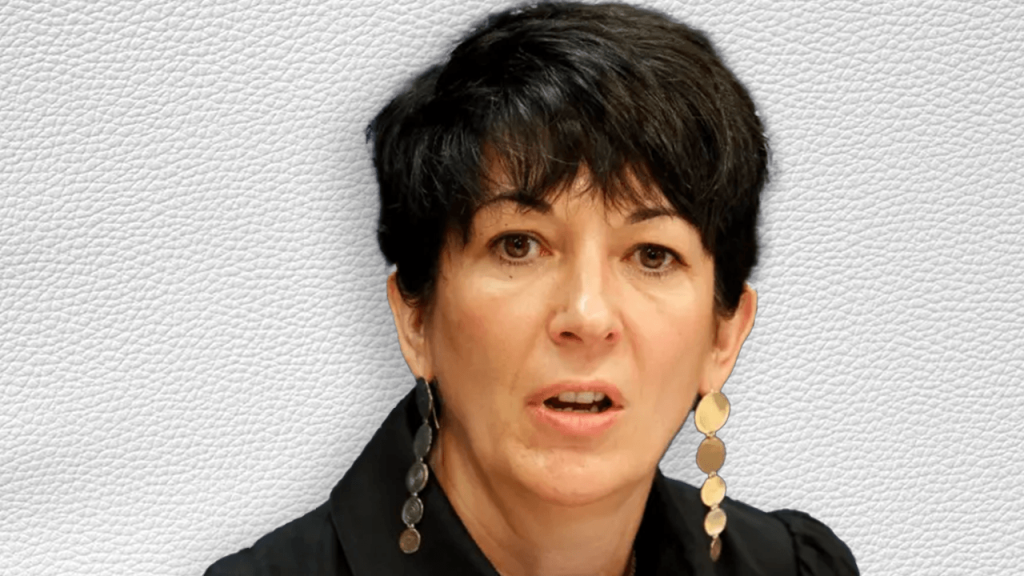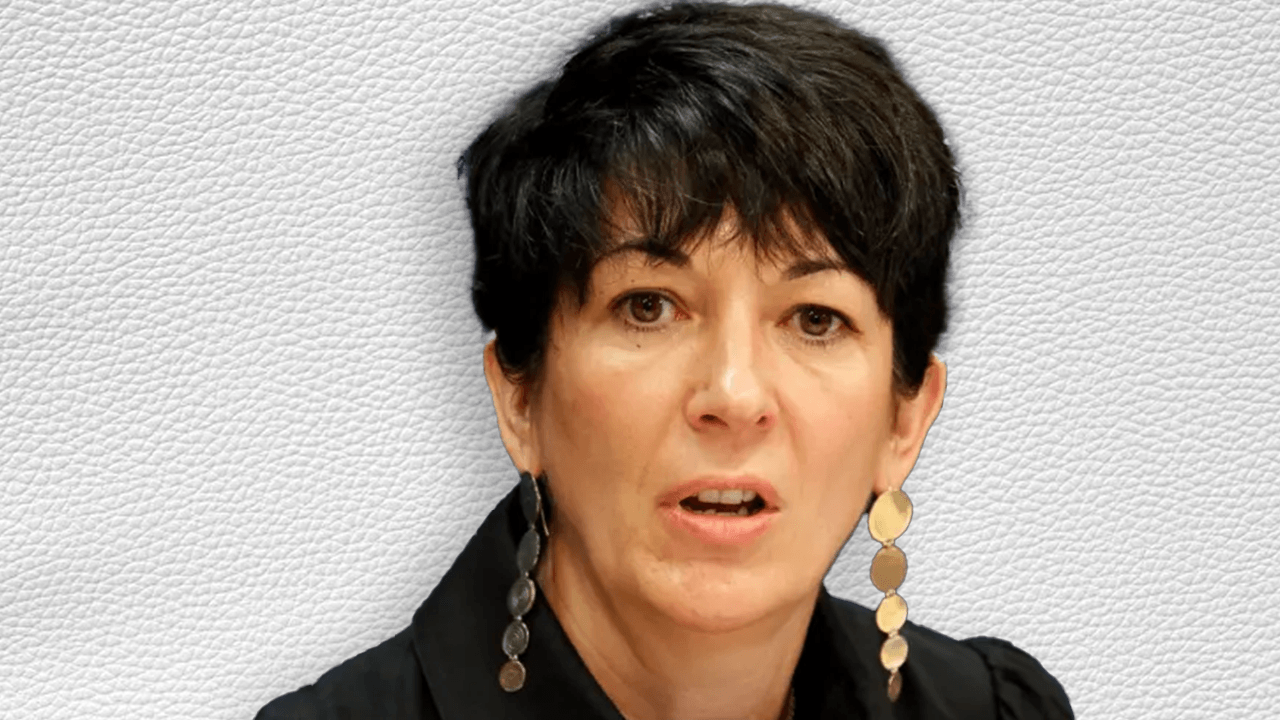
Unraveling the Epstein Saga: Ghislaine Maxwell’s Testimony and Its Implications
Introduction: A New Chapter in the Pursuit of Justice
The recent announcement that the Department of Justice (DOJ) is seeking a meeting with Ghislaine Maxwell, the convicted accomplice of Jeffrey Epstein, has reignited public interest in one of the most infamous legal sagas of recent years. This development comes at a time when the Epstein case has resurfaced in the public consciousness, fueled by renewed media scrutiny and the release of previously sealed documents. The DOJ’s decision to engage with Maxwell, who is currently serving a 20-year prison sentence, signals a potential shift in the ongoing pursuit of justice for Epstein’s victims and the exposure of any further co-conspirators. But what does this meeting signify, and what potential outcomes could arise from Maxwell’s cooperation?
A Renewed Commitment to Justice
The DOJ’s decision to re-engage with Maxwell underscores a renewed commitment to uncovering the full extent of the Epstein network and holding all responsible parties accountable. This move comes after years of criticism regarding the handling of the Epstein case, particularly concerning the lack of transparency and the perceived protection of influential individuals who may have been involved.
Public outcry and political pressure have intensified in recent months, driven by the release of previously sealed documents and renewed media attention. These factors have likely contributed to the DOJ’s decision to seek Maxwell’s cooperation, hoping that she can provide valuable information that was not previously disclosed. The DOJ’s actions suggest a recognition that the pursuit of justice in the Epstein case is far from over and that Maxwell’s testimony could be a crucial piece of the puzzle.
The Potential of Maxwell’s Knowledge
Ghislaine Maxwell’s close association with Jeffrey Epstein for decades positions her as a key figure who possesses intimate knowledge of his activities. Her testimony could potentially expose a vast network of enablers and participants, ranging from powerful figures in finance and politics to those in entertainment and academia.
Prosecutors are likely interested in several key areas of Maxwell’s knowledge:
Other Potential Abusers
Maxwell’s testimony could reveal the identities of other individuals who sexually abused minors with Epstein. Her firsthand knowledge of Epstein’s activities could provide critical insights into the extent of the abuse and the involvement of other individuals.
The Scope of the Trafficking Network
Maxwell’s testimony could shed light on the scope of the trafficking network, including the methods used to recruit and groom victims, the transportation and housing of victims, and the involvement of other individuals in facilitating the exploitation.
Financial Transactions
Maxwell’s knowledge of the financial aspects of the operation could be invaluable. She may be able to provide information about the source of funds, the methods used to conceal illicit activities, and the financial transactions that supported the trafficking network.
Information About Powerful Figures
Maxwell’s testimony could reveal which influential individuals were aware of Epstein’s activities and whether they participated in or benefited from them. This information could be crucial in holding powerful figures accountable and exposing the full extent of the network.
Potential Outcomes of the Meeting
The meeting between the DOJ and Maxwell could yield a variety of outcomes, each with significant implications for the ongoing pursuit of justice and the potential exposure of other individuals:
Full Cooperation
Maxwell could choose to fully cooperate with the DOJ, providing detailed and truthful testimony about her involvement and the involvement of others. This could lead to new indictments, convictions, and a greater understanding of the scope and depth of the Epstein network.
Limited Cooperation
Maxwell may provide some information but withhold crucial details, either to protect herself or to shield others from scrutiny. This scenario could still be beneficial to investigators, but it would likely leave many questions unanswered.
No Cooperation
Maxwell could refuse to cooperate altogether, invoking her Fifth Amendment right against self-incrimination. This would be a setback for the DOJ, but it would not necessarily preclude further investigation or the pursuit of other leads.
Negotiated Agreement
Maxwell could negotiate a deal with the DOJ, offering her testimony in exchange for a reduced sentence or other concessions. This would be a controversial outcome, but it could be justified if it leads to the exposure of more significant wrongdoers.
The Political Implications
The DOJ’s decision to meet with Maxwell also carries significant political implications, particularly in the context of ongoing investigations and political debates. The Epstein case has become highly politicized, with accusations of cover-ups and partisan agendas swirling around the investigation.
Some observers believe that the DOJ’s move is an attempt to quell public outcry and demonstrate a commitment to pursuing justice, regardless of political affiliations. Others suspect that the meeting could be politically motivated, aimed at uncovering information that could be used to target political opponents or distract from other controversies.
It’s also worth noting that Donald Trump has weighed in on the matter, stating that he instructed the DOJ to release all credible evidence. While it’s unclear what impact, if any, Trump’s statement had on the DOJ’s decision, it adds another layer of complexity to the already intricate situation.
Challenges and Obstacles
Despite the potential for significant breakthroughs, the DOJ faces numerous challenges in its pursuit of justice in the Epstein case. These challenges include:
Maxwell’s Credibility
Maxwell has a history of lying and manipulating others, making it difficult to assess the veracity of her testimony. Investigators will need to carefully scrutinize her statements and corroborate them with other evidence.
Statute of Limitations
The statute of limitations may have expired for some of the crimes committed by Epstein and his associates, making it impossible to prosecute them.
Witness Intimidation
Potential witnesses may be reluctant to come forward, fearing retribution from Epstein’s powerful allies.
Complex Legal Issues
The Epstein case involves complex legal issues, including jurisdictional disputes and questions about the admissibility of evidence.
Conclusion: A Turning Point or Another Dead End?
The DOJ’s decision to meet with Ghislaine Maxwell represents a potentially significant turning point in the ongoing pursuit of justice in the Epstein case. While the outcome of the meeting remains uncertain, it offers a glimmer of hope that the full extent of the Epstein network will finally be exposed and that all responsible parties will be held accountable.
However, it’s important to remain cautious and realistic about the challenges and obstacles that lie ahead. The Epstein case is a complex and deeply troubling saga, and it may take years to fully unravel the truth. Whether this meeting with Maxwell opens a new chapter of accountability or closes another door in this tragic story remains to be seen, but the world is watching. The pursuit of justice in the Epstein case is far from over, and the actions of the DOJ in the coming months will be crucial in determining the ultimate outcome of this high-profile investigation.





